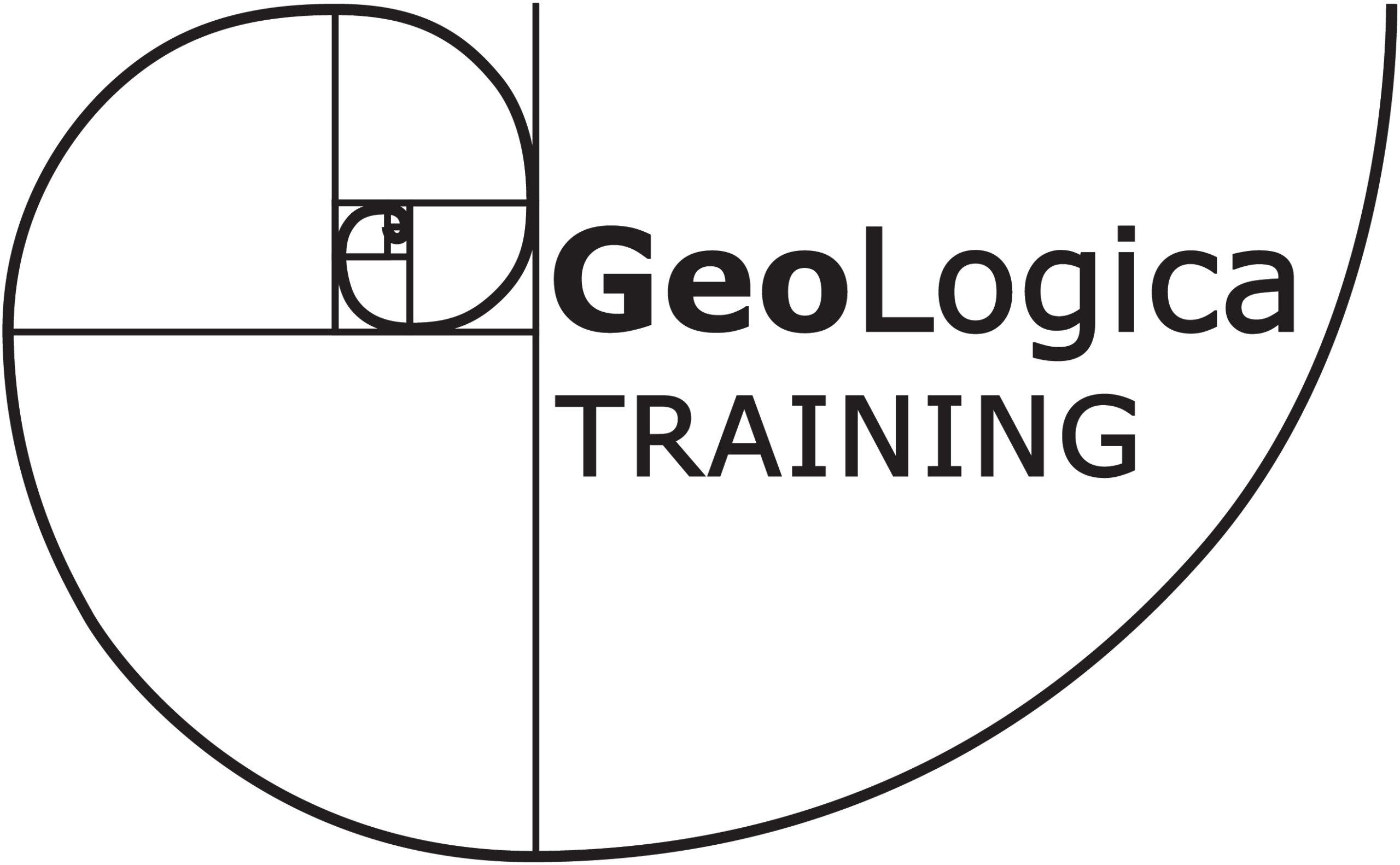Tutor(s)
Alistair Donohew: Director, Kovia Consulting Ltd.
Richard Swarbrick: Manager, Swarbrick GeoPressure.
Overview
Cornwall is exceptionally rich in geological resource and is emerging as an important location for developing new technologies in the UK transition to a Net Zero economy. This course provides a snapshot of several operational and demonstration GeoEnergy Transition projects, as well as visits to associated traditional Cornish outcrops and rejuvenated mining operations. Examples of specific projects to be investigated include a deep geothermal energy site and a critical mineral (lithium) extraction site. Participants will also investigate sites previously considered for deep storage of nuclear waste and locations associated with low enthalpy energy from mine waters. Participants will gain a practical and technical understanding of several geoenergy projects and should be able to apply this learning to other geological locations worldwide.
Duration and Logistics
A 6-day field course with a combination of field activities and exercises, plus classroom sessions.
Level and Audience
Fundamental. This course is intended for technical professionals working in related sectors. Participants will be shown the context and challenges for developing low carbon technologies for energy, as well as the parallel examination of surface renewable energy technologies.
Exertion Level
This class requires an EASY exertion level. Field locations are mainly accessed by a short walk of less than 1 mile (1.6km) along coastal paths or on sandy / cobbled beaches. Other field stops include working industrial sites (e.g. quarries).
Objectives
You will learn to:
- Describe and explain the geoenergy resource potential of Cornwall.
- Characterize ideal locations and explain technical factors that affect different resource potentials.
- Describe how wider factors can affect feasibility of certain geoenergy resources, including the environmental, social and economic (political and commercial) factors.
- Evaluate strategic choices for local and regional policy makers, as well as landowners and investors.
Course Content
The course will link field observations with real examples of GeoEnergy Transition projects, placing these within a sub-regional context and wider policy framework. Topics to be covered include:
- Orogenesis and tectonic setting
- Granite emplacement and formation of batholiths
- Geochemical fractionation trends: biotite-muscovite and biotite-tourmaline crystallization series, and major and trace element distributions
- Natural fracture systems within the granite and fluid flow
- Geothermal gradients within granite and Devonian slates
- Novel drilling and injection / circulation testing of wells
- Factors affecting location of geothermal sites
- Mineralization and mineral deposits associated with granites
- Enriched mineral groundwaters and mine waters
- Sustainable mining: innovation in co-production and in-situ extraction
- Surface renewable technologies and Cornwall’s low carbon strategy
Itinerary will be based on availability of sites
Classroom:
- Establish prior learning – an interactive exercise relating to topics to be encountered in the field seminar
- Introduce key context and learning objectives
- Course safety briefing
Overnight in Redruth
Fieldwork:
- Cape Cornwall / Porth Ledden, Rinsey Cove and Penzance
- Stratigraphy, orogeny and regional tectonics
- Granites and mineralization
- Socio-cultural context – Penzance / Mounts Bay culture, primary industry, tourism and lido (attempted HDR heating)
- Mine experience at Geevor
Classroom:
- Issues and opportunities for extraction and energy projects?
- Reflect on locations, types of mineralization and extraction.
Overnight in Redruth
Fieldwork:
- Camborne, Cligga Head and Cotty’s Point at Perranporth
- South Crofty tin mine – tour by Cornish Metals of facilities and core store
- Cligga Head greisen veins outcrop
- Cotty’s Point cross course mineralization outcrop
Classroom:
- Summarize which minerals are critical for our future and why.
Overnight in Redruth
Fieldwork:
- United Downs, Wheal Jane, Carnmenellis granite outcrops and Rosemanowes Quarry
- Major joint sets and cross course mapping at Carnmenellis – geothermal reservoirs
- United Downs Geothermal and Mineral Groundwaters project visit
- Wheal Jane mine water project visit (low temperature geothermal potential and mineral brines)
Classroom:
- Make a case for a location in Cornwall for deep geological disposal of nuclear waste.
Overnight in Redruth
Fieldwork:
- Projects and sites across St Austell
- China clay project visit – hosted by Imerys
- Hard rock lithium / tungsten at St Austell
- Extraction and sustainable mining project visit
- Surface renewables at Roche and A30
Classroom:
- Evaluate Cornwall’s GeoEnergy Transition and compare with another area you know.
Overnight in Redruth
Fieldwork:
- Eden geothermal project visit – drill site visit and subsurface explanation
Classroom:
- Consolidation, application of learning and relevance to work projects
- Critical appraisal of UK and Cornwall’s Low Carbon Strategy
- Workshop future challenges – with officers from Cornwall Council and/or Imerys
Departure and travel home
